Cables are an essential component in the vast network of electrical systems that power our modern world. These cables come in various types and specifications to suit different needs and applications. One type of cable that plays a crucial role in many electrical setups is the 500V cable. In this article, we will delve into the world of 500V cables, exploring their characteristics, applications, and benefits, to help you understand why they are a wise choice for your electrical projects. 500V cables are designed to operate at voltage levels of up to 500 volts, making them suitable for a wide range of electrical applications. These cables are typically used in power distribution systems, industrial machinery, and commercial buildings where medium voltage levels are required. The 500V rating ensures that these cables can handle the voltage without the risk of electrical breakdown or failure, providing a reliable and safe power transmission solution. One of the key features of 500V cables is their insulation materials. These cables are often insulated with materials such as PVC, XLPE, or rubber, which provide excellent protection against electrical leakage and external environmental factors.
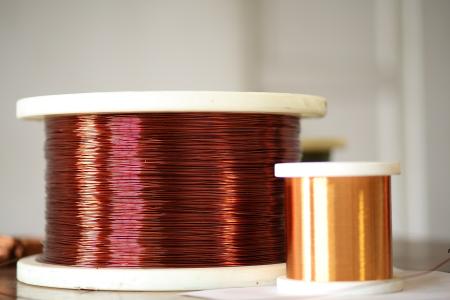
.
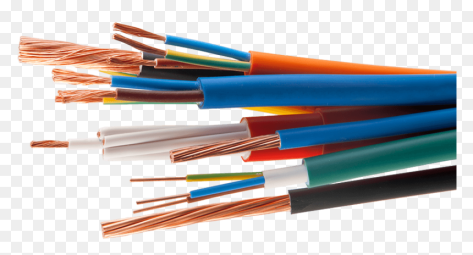 The insulation layer is crucial in maintaining the integrity of the cable and ensuring safe operation in various conditions. In addition to their insulation properties, 500V cables are also equipped with robust conductor materials. Copper and aluminum are the most commonly used conductor materials in these cables, offering high conductivity and low resistance to ensure efficient power transmission. The combination of high-quality insulation and conductor materials makes 500V cables durable and reliable, capable of withstanding the rigors of daily use and providing long-term performance. The versatility of 500V cables makes them suitable for a wide range of applications. These cables are commonly used in power distribution systems to connect transformers, switchgear, and other electrical equipment. They are also found in industrial machinery, providing power to motors, pumps, and control systems. In commercial buildings, 500V cables are used for lighting, HVAC systems, and other electrical installations that require medium voltage levels. The benefits of using 500V cables are numerous. Their high voltage rating allows for efficient power transmission over long distances, making them ideal for large-scale electrical systems. The robust construction of these cables ensures reliability and longevity, reducing the need for frequent maintenance or replacements. Additionally, the flexibility of 500V cables makes them easy to install and work with, saving time and effort during the installation process. Furthermore, 500V cables comply with international standards and regulations for electrical safety and performance. These standards ensure that the cables are manufactured to stringent quality requirements, giving you peace of mind knowing that your electrical system is in compliance with industry standards. By choosing 500V cables that meet these standards, you can trust in the reliability and safety of your electrical infrastructure. When selecting 500V cables for your electrical projects, it is important to consider the specific requirements of your application.
The insulation layer is crucial in maintaining the integrity of the cable and ensuring safe operation in various conditions. In addition to their insulation properties, 500V cables are also equipped with robust conductor materials. Copper and aluminum are the most commonly used conductor materials in these cables, offering high conductivity and low resistance to ensure efficient power transmission. The combination of high-quality insulation and conductor materials makes 500V cables durable and reliable, capable of withstanding the rigors of daily use and providing long-term performance. The versatility of 500V cables makes them suitable for a wide range of applications. These cables are commonly used in power distribution systems to connect transformers, switchgear, and other electrical equipment. They are also found in industrial machinery, providing power to motors, pumps, and control systems. In commercial buildings, 500V cables are used for lighting, HVAC systems, and other electrical installations that require medium voltage levels. The benefits of using 500V cables are numerous. Their high voltage rating allows for efficient power transmission over long distances, making them ideal for large-scale electrical systems. The robust construction of these cables ensures reliability and longevity, reducing the need for frequent maintenance or replacements. Additionally, the flexibility of 500V cables makes them easy to install and work with, saving time and effort during the installation process. Furthermore, 500V cables comply with international standards and regulations for electrical safety and performance. These standards ensure that the cables are manufactured to stringent quality requirements, giving you peace of mind knowing that your electrical system is in compliance with industry standards. By choosing 500V cables that meet these standards, you can trust in the reliability and safety of your electrical infrastructure. When selecting 500V cables for your electrical projects, it is important to consider the specific requirements of your application.
..
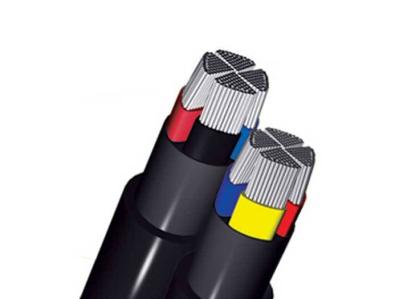 Factors such as voltage levels, current carrying capacity, environmental conditions, and installation constraints will influence the type of cable that is best suited for the job. Working with a reputable supplier or manufacturer can help you navigate these considerations and choose the right 500V cable for your needs. In conclusion, 500V cables are a versatile and reliable solution for a wide range of electrical applications. Their high voltage rating, durable construction, and compliance with industry standards make them a smart choice for power distribution systems, industrial machinery, and commercial buildings. By understanding the characteristics, applications, and benefits of 500V cables, you can make an informed decision when selecting cables for your next electrical project. Whether you are a professional electrician, an industrial engineer, or a commercial property manager, 500V cables offer a dependable solution for your power transmission needs. Their ability to handle medium voltage levels, coupled with their durability and compliance with safety standards, make them a valuable investment in any electrical system. In addition to their technical benefits, 500V cables also offer cost-effective advantages. By choosing high-quality cables that are designed to last, you can reduce the long-term maintenance and replacement costs associated with inferior products. The reliable performance of 500V cables ensures uninterrupted power supply, minimizing the risk of downtime and its associated expenses. Furthermore, the versatility of 500V cables allows for flexibility in system design and installation. Whether you are working on a new construction project, upgrading an existing electrical system, or expanding your industrial operations, 500V cables can accommodate a variety of requirements and configurations.
Factors such as voltage levels, current carrying capacity, environmental conditions, and installation constraints will influence the type of cable that is best suited for the job. Working with a reputable supplier or manufacturer can help you navigate these considerations and choose the right 500V cable for your needs. In conclusion, 500V cables are a versatile and reliable solution for a wide range of electrical applications. Their high voltage rating, durable construction, and compliance with industry standards make them a smart choice for power distribution systems, industrial machinery, and commercial buildings. By understanding the characteristics, applications, and benefits of 500V cables, you can make an informed decision when selecting cables for your next electrical project. Whether you are a professional electrician, an industrial engineer, or a commercial property manager, 500V cables offer a dependable solution for your power transmission needs. Their ability to handle medium voltage levels, coupled with their durability and compliance with safety standards, make them a valuable investment in any electrical system. In addition to their technical benefits, 500V cables also offer cost-effective advantages. By choosing high-quality cables that are designed to last, you can reduce the long-term maintenance and replacement costs associated with inferior products. The reliable performance of 500V cables ensures uninterrupted power supply, minimizing the risk of downtime and its associated expenses. Furthermore, the versatility of 500V cables allows for flexibility in system design and installation. Whether you are working on a new construction project, upgrading an existing electrical system, or expanding your industrial operations, 500V cables can accommodate a variety of requirements and configurations.
…
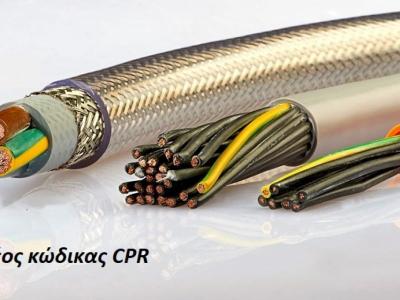 Their ease of installation and compatibility with different equipment make them a practical choice for complex electrical setups. Another important consideration when choosing 500V cables is their environmental impact. As global awareness of sustainability and energy efficiency grows, selecting cables that are designed with eco-friendly materials and manufacturing processes can contribute to a greener future. Many manufacturers offer 500V cables that are produced using recycled materials and energy-efficient practices, aligning with environmental guidelines and regulations. In conclusion, 500V cables are a reliable, versatile, and cost-effective solution for a wide range of electrical applications. Whether you are powering a factory floor, lighting a commercial building, or connecting critical equipment in an industrial facility, these cables offer the performance and peace of mind that you need. By understanding the key features, applications, benefits, and considerations of 500V cables, you can make an informed decision that supports the efficiency, safety, and longevity of your electrical system. In summary, 500V cables are an essential component in the world of electrical systems. Their high voltage rating, durable construction, and compliance with safety standards make them a reliable and efficient choice for power transmission. Whether you are working on a power distribution network, industrial machinery, or commercial building project, 500V cables offer the performance, versatility, and cost-effectiveness that you need to get the job done right. Consider the unique requirements of your application, consult with industry experts, and choose 500V cables that meet your specific needs to ensure a successful electrical project.
Their ease of installation and compatibility with different equipment make them a practical choice for complex electrical setups. Another important consideration when choosing 500V cables is their environmental impact. As global awareness of sustainability and energy efficiency grows, selecting cables that are designed with eco-friendly materials and manufacturing processes can contribute to a greener future. Many manufacturers offer 500V cables that are produced using recycled materials and energy-efficient practices, aligning with environmental guidelines and regulations. In conclusion, 500V cables are a reliable, versatile, and cost-effective solution for a wide range of electrical applications. Whether you are powering a factory floor, lighting a commercial building, or connecting critical equipment in an industrial facility, these cables offer the performance and peace of mind that you need. By understanding the key features, applications, benefits, and considerations of 500V cables, you can make an informed decision that supports the efficiency, safety, and longevity of your electrical system. In summary, 500V cables are an essential component in the world of electrical systems. Their high voltage rating, durable construction, and compliance with safety standards make them a reliable and efficient choice for power transmission. Whether you are working on a power distribution network, industrial machinery, or commercial building project, 500V cables offer the performance, versatility, and cost-effectiveness that you need to get the job done right. Consider the unique requirements of your application, consult with industry experts, and choose 500V cables that meet your specific needs to ensure a successful electrical project.
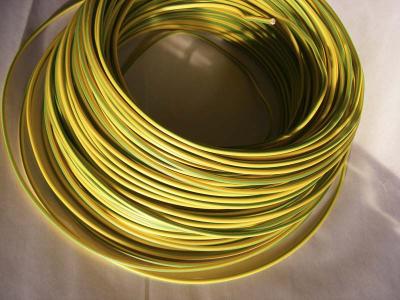
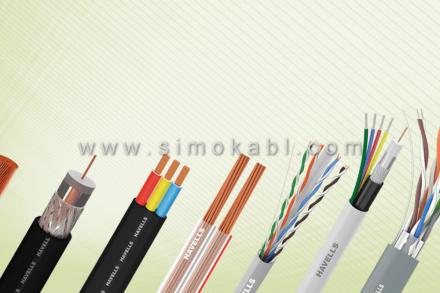
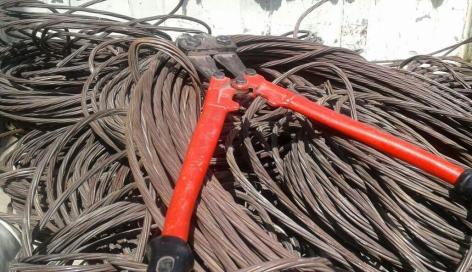
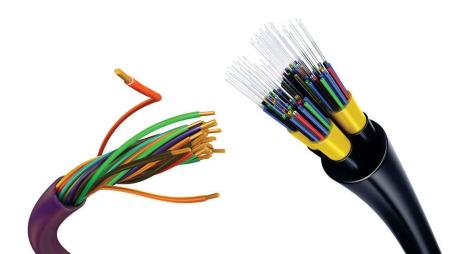
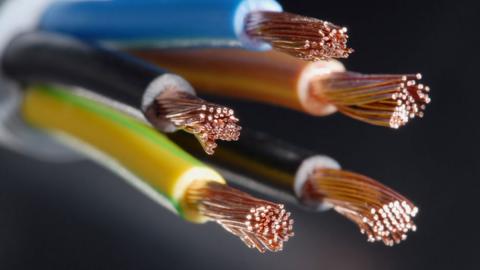
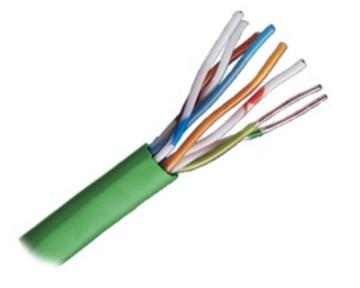
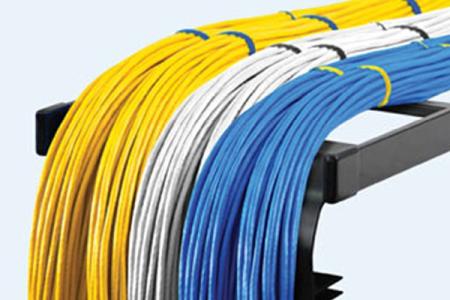
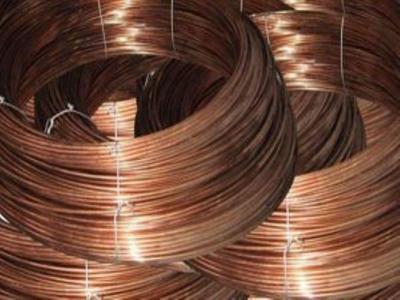
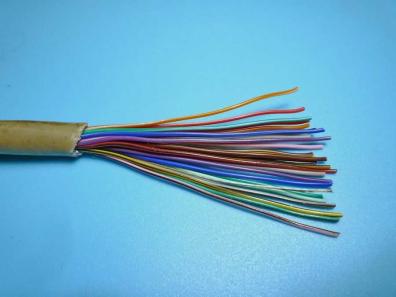
Your comment submitted.